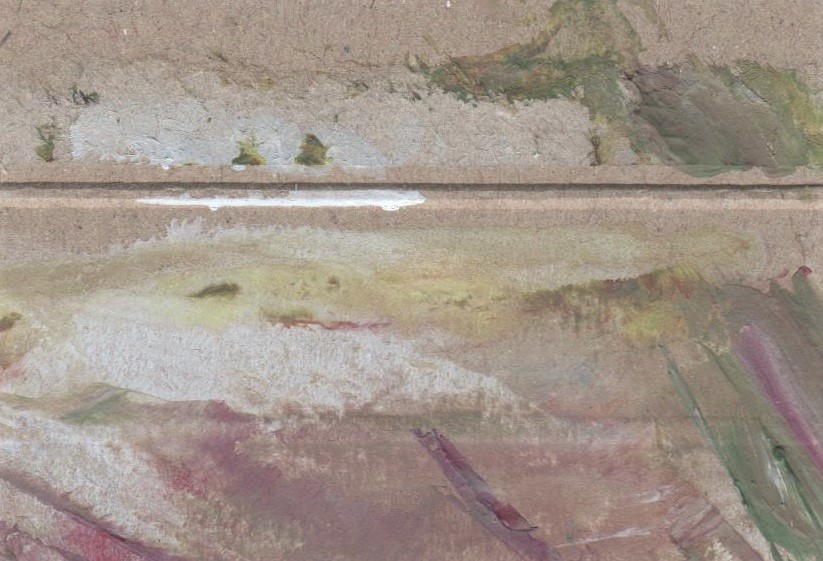GIVEN a choice, would you live in the country or in the city? Many of our cities have declining populations because people get away if they can. We have enough hassle travelling into work in the city, we do not want to live there as well.
Why is the city so uncomfortable? It jams so much into a small space; everything is on top of everything else. All sorts of pleasure, business and goods are on offer in cities that is why some people like them!
But this concentration of opportunity also makes them hectic and overpowering. They have to be governed strongly, and we do not like being put upon. They are very difficult to govern well, so we feel continually dissatisfied.
The Bible ends with a vision of a beautiful city (Rev. 21-22), where there is security without walls or burglar alarms, and where people share equally in the open light of the direct presence of God.
Is this city a dream beyond this world, a mere luxury of inventive fancy? At best, our towns and cities give us a taste of the heavenly Jerusalem, but only in part and spasmodically.
Most of our cities are really two cities, a rich and a poor. Even if you are in the rich part of a city, it is not like being in the heavenly Jerusalem: for example, you have to lock up your wealth to protect what you have got against fellow citizens.
The rivers in many cities: are polluted and near dead, not rivers of life. And there are many people in Britain and more elsewhere who do not find streets paved with gold, or trees which satisfy their hunger with fresh fruit every month and a health service in their leaves.
Yet the seeds of the community are in our cities; they do offer possibilities of providing adequately for all people, for getting clean water, for feeding the hungry and healing the sick.
Many people work in the city and in other parts of our citified society. It could even be that God comes and lives with us in the city, if we are ready to receive him. He comes perhaps like Jesus who, when he saw the city, wept over it, because, as he said: “You do not know the things that make for peace and well-being”.
And we might respond to his prophetic compassion, his suffering in the city, by following the simple directions of the prophet Micah: “Do justice! Love tenderly! Walk humbly with your God!”
Don’t let’s pretend our cities are anywhere near like the heavenly Jerusalem that comes from God, but don’t let us give up trying to build communities more like it. We want cities which keep alive the hope for peace, where people can be open to the joyful presence of the God of love and justice.
O GOD, you come to the city in tears of love and judgment: Save us from cynicism and despair as we go about our business today. In the traffic jams, give us patience; in the pressure of work, give us your creative strength; in the hurts of conflict, heal us and make us healers; in the busy-ness that does not know where it is going, let the hope of the heavenly city of peace and justice guide us.
Originally published in the Baptist Times, some decades ago.
